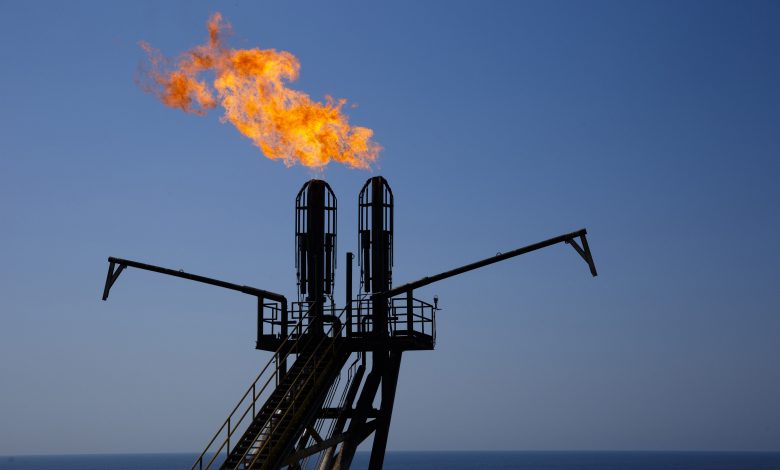Saudi-Russia alliance under pressure, as coronavirus saps demand

[ad_1]
The energy alliance between Saudi Arabia and Russia will likely come under intense scrutiny this week, as delegates from some of the world’s most powerful oil-producing nations discuss how best to cushion the impact of the coronavirus outbreak.
OPEC and non-OPEC producers, such a Russia, sometimes referred to as OPEC+, will meet in Vienna, Austria on March 5-6. They are expected to agree on a deeper round of oil production cuts, in an effort to stabilize prices, although the scale of the reduction remains far from certain.
Some key members of the group, most notably OPEC kingpin Saudi Arabia, are thought to be pushing for an output cut of up to 1 million barrels per day (bpd). That’s significantly higher than the cut of 600,000 bpd initially proposed by OPEC’s joint technical committee. However, non-OPEC leader Russia has yet to sign off on this strategy.
Johannes Benigni, chairman of JBC Energy Group, told CNBC late last week that the problem for the Saudi-Russian alliance is that while Riyadh might have appetite for higher oil prices, Moscow is “perfectly happy” with crude futures between $50 and $60.
“You can see cracks in the relationship between Saudi Arabia and Russia,” Benigni said, adding that while Saudi Arabia wants to have an “indefinite” cut arrangement, “the Russians will be hesitant even to take another three months out.”
International benchmark Brent crude traded at $52.44 Wednesday morning, up over 1%, while U.S. West Texas Intermediate (WTI) stood at $47.75, around 1.2% higher.
Brent has fallen almost 25% since climbing to a peak in early January, with WTI down more than 30% over the same time period.
Both benchmarks have been dragged lower by intensifying oil demand concerns as the coronavirus continues to spread worldwide.
Saudi Arabia is seen ‘upping the ante’
This week’s OPEC+ meeting had initially been expected to be brought forward to last month, after oil demand was hit by the coronavirus epidemic in China. But, Russia — which has been cagey about its views on deeper production cuts — said it needed more time.
After several days of uncertainty, Russian Energy Minister Alexander Novak told reporters in late February that the oil producers had developed a “common understanding” that there was no need for an emergency meeting.
“Oil prices have been falling further as the epidemic spread all over the world and the voices of those who are forecasting no demand growth at all now are getting louder,” Tamas Varga, senior analyst at PVM Oil Associates, said in a research note published Tuesday.
“The oil group, led by Saudi Arabia is upping the ante accordingly and now a reduction of 1 million bpd is under consideration in the run up of the next producers’ meeting this week.”
Last month, OPEC downwardly revised its outlook for global oil demand growth to 0.99 million bpd in 2020, citing the coronavirus as the “major factor” behind its decision. That was down by 0.23 million bpd from January’s estimate.
At the time, it was thought the amended forecast would reinforce the case for OPEC+ to impose additional output cuts sooner rather than later.
“To prevent oil prices from dropping even further, OPEC and its non-affiliated allies, including Russia, are expected to enact deeper supply cuts during their upcoming meeting,” analysts at Eurasia Group said in a research note.
“OPEC struggled to stabilize global oil markets in the first phase of the disease, when it was contained in China. With the virus gone global, the challenge of boosting prices will intensify as economic growth suffers more in the first half of 2020.”
The group’s current deal, which runs through to the end of March, has taken 1.7 million bpd of oil off the market.
Source link






